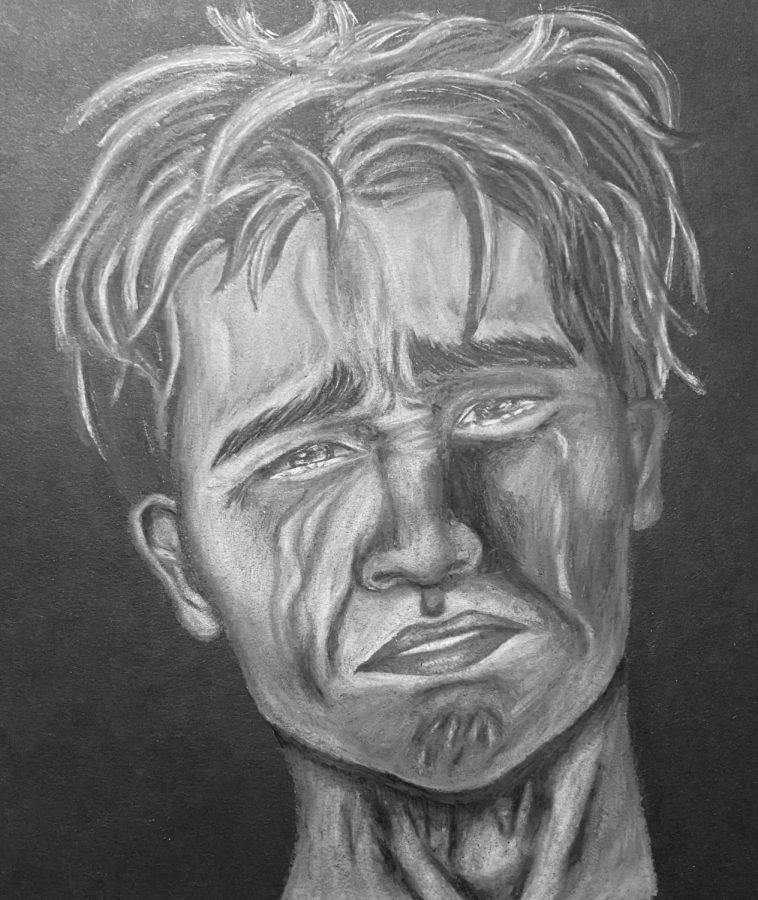COVID takes untold toll on teens’ mental health
The Coronavirus is not only affecting the physical health of man, but their mental health as well.
May 11, 2021
During 2020, Covid 19 sent everyone into lockdown. During the lockdown, everyone tried to protect themselves from boredom.
A year later, with vaccines coming out as the light at the end of the tunnel, it looks like normalcy might be possible again, soon.
Some people have been stuck in a tunnel for a long time with depression due to isolation from friends and family. A group that is most affected is teenagers, the FAIR Health researchers found, as some of the worst spikes occurred in March and April of 2020, during the first phase of the pandemic in the U.S. In those months, claims for any mental health disorder increased by about 100 percent for the 13-18 group.
Teenagers have lost the socialization they need for their growth into adolescence and the loss of peer help. The pandemic took a toll on the interactions people used to cherish.
According to Healthychildren.org, “Social distancing to slow the spread of COVID-19 can be especially hard for teens, who may feel cut off from their friends. Many also face big let downs as graduations, proms, sports seasons, college visits and other long-planned events are cancelled or postponed.”
Depression can affect everyone, even the people who act perfectly normal. Teachers are also affected as, “Teaching from home is also a fundamentally different exercise, one that is simultaneously more invasive but also lonelier. Students on Zoom lessons often have their cameras off and microphones muted, making it harder to engage or connect with them,” according to USA Today.
Teenagers also get depressed by feeling isolated from their friends, they are angry about the situation with lockdown, and the restriction of connection, and mostly, the lack of motivation in anything they do, including school work.
Hayden Peregrino ’21 said, “At the beginning of quarantine for the first couple of months, I was a bit depressed. I hadn’t texted anyone and missed a bunch of running practices, and just felt alone. I got better by texting and calling my friends and going back to practice. I was able to reconnect with my fellow friends and be able to make lasting memories.”
It’s very important people reach out and try to connect with any resources available. To those who need help, here is some advice: Have a trusted adult or friend to talk to about how you feel. Don’t forget there is always light at the end of the tunnel and that it’s okay not to be okay. That’s why there are people out there that will always be there to help.

